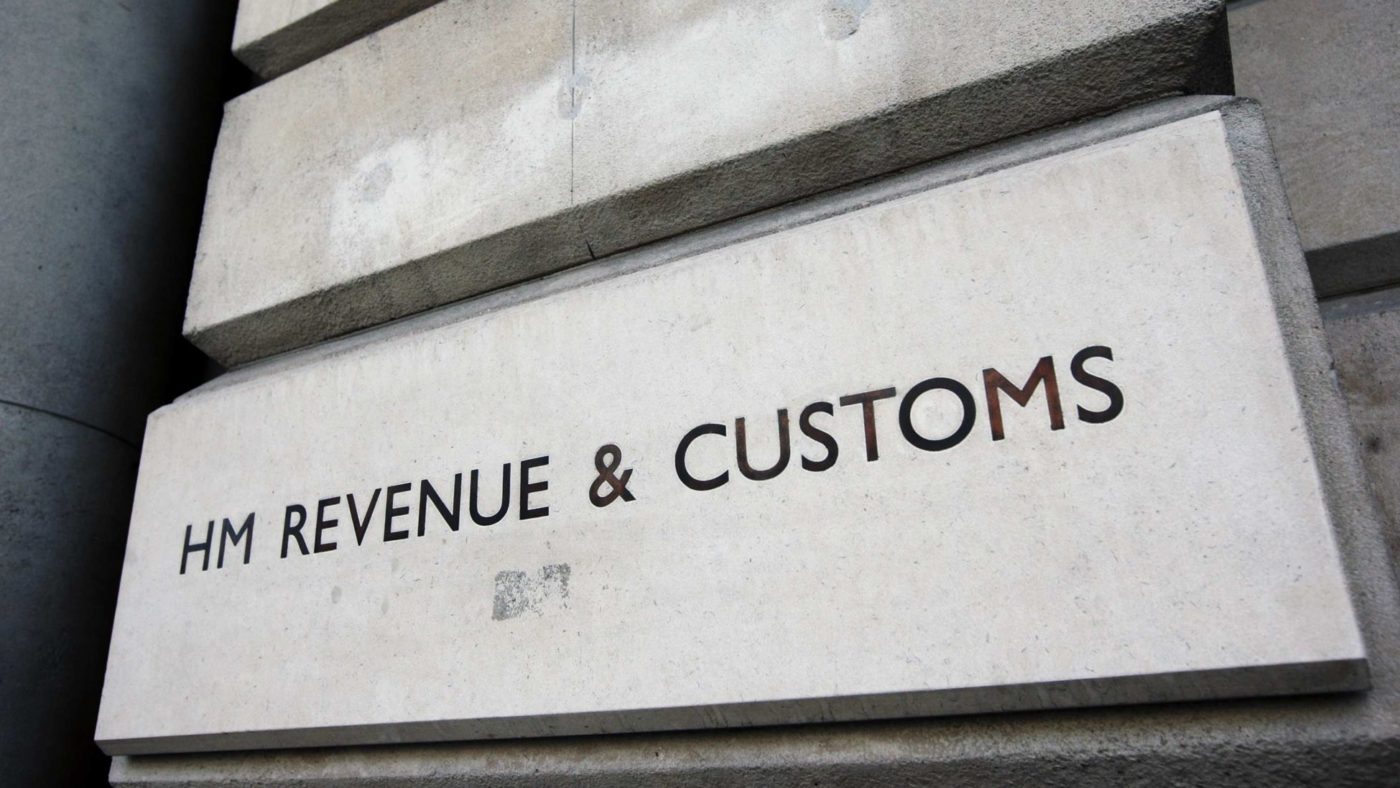So far the CapX battle of ideas polling series has considered attitudes to ideologies, business and trade. For the fourth instalment, we look at taxation.
Fiscal policy has been at the heart of economic debates in recent years, with the question of how to balance the books – in other words, the appropriate mix of tax rises, spending cuts and shortening or extending the period over which the government runs a deficit — high on the political agenda.
But beyond the debate about the economically or politically desirable level of taxation is another discussion: who should pay what, who currently pays too little and who pays too much?
Clearly there are several ways in which we could subset the various people and entities that are subject to tax. In keeping with the big picture approach of this series, we kept this to a single dimension – “ordinary people” on the one hand, and rich people and companies on the other.
In response to the question “Which of the following comes closest to your view on tax?”, 72 per cent of eligible voters felt that ordinary people paid too much and that companies and rich people paid too little came closest to their view. Only ten per cent felt the reverse, a further ten per cent felt that the balance was about right currently, and eight per cent didn’t know.
As might be expected for such a decisive result, there was relatively little variation by crossbreak – even the difference between Labour and Conservative voters was barely statistically significant.
We found slightly more of a correlation between these results and our earlier questions, but even among the most positive about capitalism, a majority felt the status quo was too favourable for high earners and corporations.
What should we make of this? At face value, there seems to be a strong political consensus on who should take on a smaller or larger share of the funding of public expenditure.
It may be that those on the left like the idea of rich people and companies paying more tax while those on the right like the idea of ordinary people paying less tax. But in combination, those two things are vastly more popular than the reverse.
While it may be unfair, the stereotype that free marketeers are more concerned with the fortunes of the fortunate than those of ordinary people is not helped by their support for more competitive levels of taxation for firms and top earners. The lesson from this polling for those of that view is that they face an uphill struggle, but that, as is the case with capitalism in general, part of the unpopularity of their view is the product of shying away from the argument for some time.
Making that argument is, of course, easier said than done. The reaction to the 2012 “omnishambles” budget, which cost the Conservatives significant support and almost cost them a majority at the next election, will not quickly be forgotten.
Part of the problem is that political instability and deadlock leads to – and perhaps necessitates – shorter-term thinking, with bigger-picture considerations becoming more distantly secondary to winning the next election or even the next vote.
Another factor is the economic insecurity that has accompanied weak real wage growth. When people are negative about the economy, and particularly about their personal finances, it is very likely harder to attack steeply progressive fiscal policies as taxes on aspiration; many feel they have less to aspire to than they might if times were good. Defending tax cuts for high earners wasn’t as politically difficult in the late 1980s, when asset prices and incomes had increased considerably.
But with all that said, silence is a risky option too. Ducking “third rail” issues may be politically expedient in the short term, but as many have found with cultural issues like immigration, not having a debate can mean storing up problems for the long term.
These results might also have shed light on a more general truth. It may well be that, in much the same way that people with a wide range of political views see themselves as being in the “centre”, people with a wide range of financial circumstances see themselves as being “ordinary”. And by extension, they may define “rich” and “poor” relative to themselves, rather than the average earner.
That has implications for the way that supporters of a flatter system of taxation make their case. But, however they make it, make it they must, if they want public opinion on their side. As it stands, the public is far from convinced.


